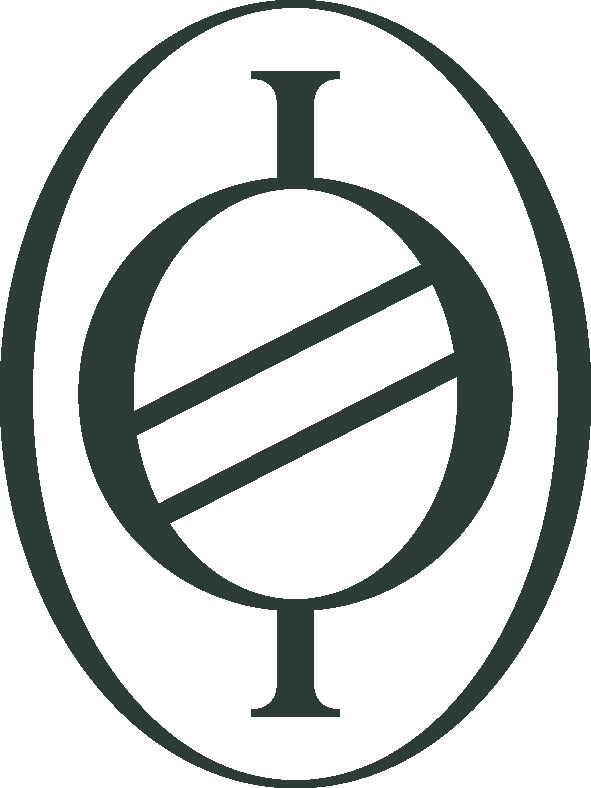
For a long time, the Enlightenment in the Netherlands was considered to be
predominantly influenced by France. In the second half of the twentieth
century, its own individual character was increasingly recognised. At the same
time, its connections to the Enlightenment in Germany and England gained
attention, but since the main research focus was on the Anglo-Saxon world, the
German influence was neglected.
The present study on the reception of German ideas in the Netherlands around
1800 wishes to make a contribution towards filling this gap. It focuses on the
reception of German, Protestant, enlightened theology and on philosophy, in
particular Kantiansm, in Dutch review periodicals. It supplies a
reconstruction of the Enlightenment debate on contemporary developments in
these fields. For a thorough understanding, not only should the debatre be
analysed as regards content, but it should also be considered from a technical
perspective.
Therefore the review practice was analysed in detail, both in the periodicals
researched (the Nederlandsche, respectively the Vaderlandsche Bibliotheek
(1774-1811), the Schouwburg van in- en uitlandsche Letter- en Huishoudkunde
(1805-1810) and the Recensent, ook der Recensenten (1806-1850)), and in the
long eightheenth century in general. In this way, the deeply rooted conflict
concerning the position of christianity in society is laid bare.
In the Netherlands, as in Germany, two Enligthenment parties opposed each
other: on one hand, the so-called ■supranaturalists■, who wanted to maintain
the Bible as the foundation of society and to integrate the results of
historical-critical biblical studies carefully and gradually into orthodox
theology, and on the other hand, the ■rationalists■ (the ■Neologen■ and
Kantians), who saw no unique position for christianity in society and
considered theology and philosophy to be equal.
The ■supranaturalists■ were in the majority in both cultural areas, and the
‘rationalists’ were in the minority. The striking similarities in
the development of enlightened, Protestant theology show that the Netherlands
and Germany were no completely divided cultural entities around 1800. Only
with the rise of early German Romanticism and of German idealism, Germany and
the Netherlands went their separate ways.